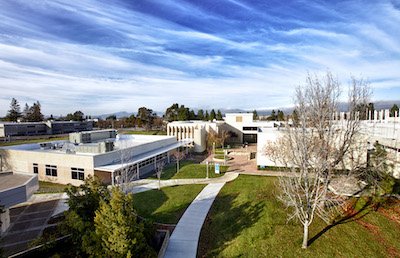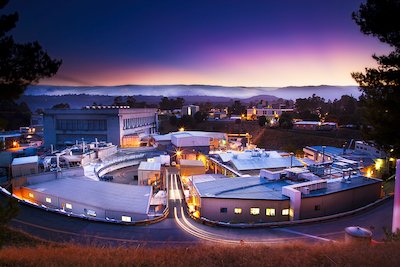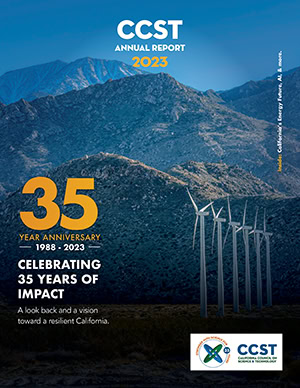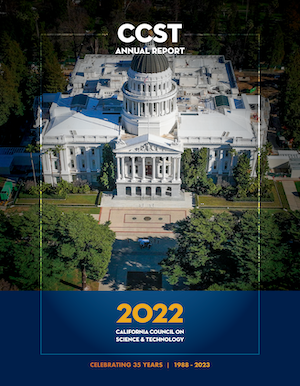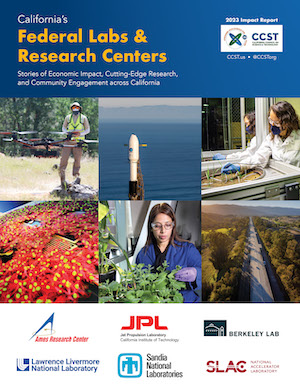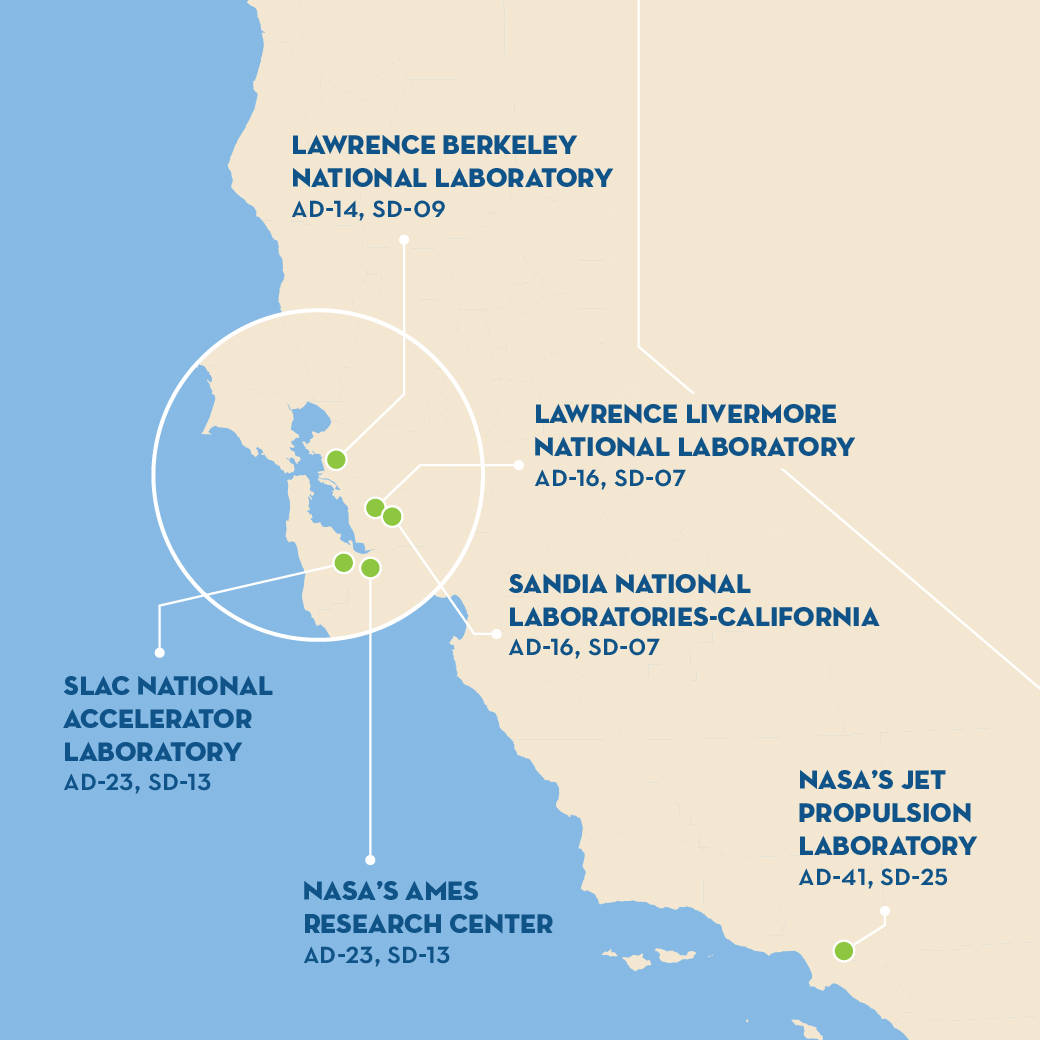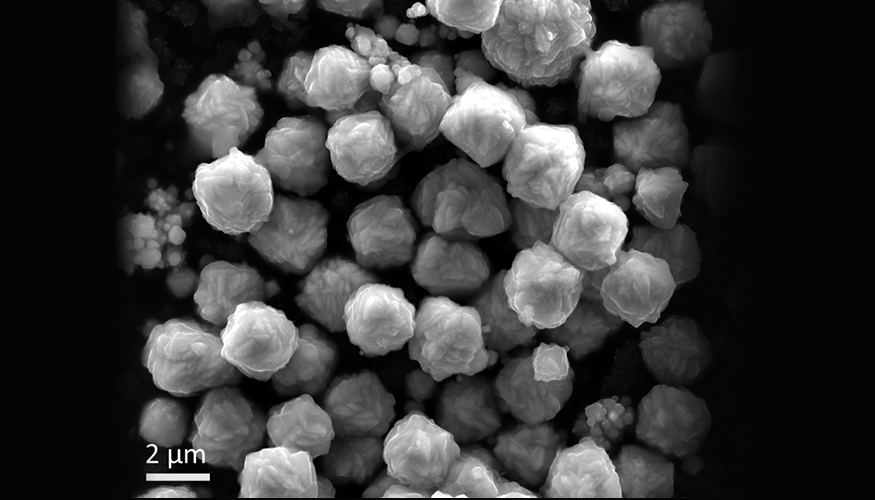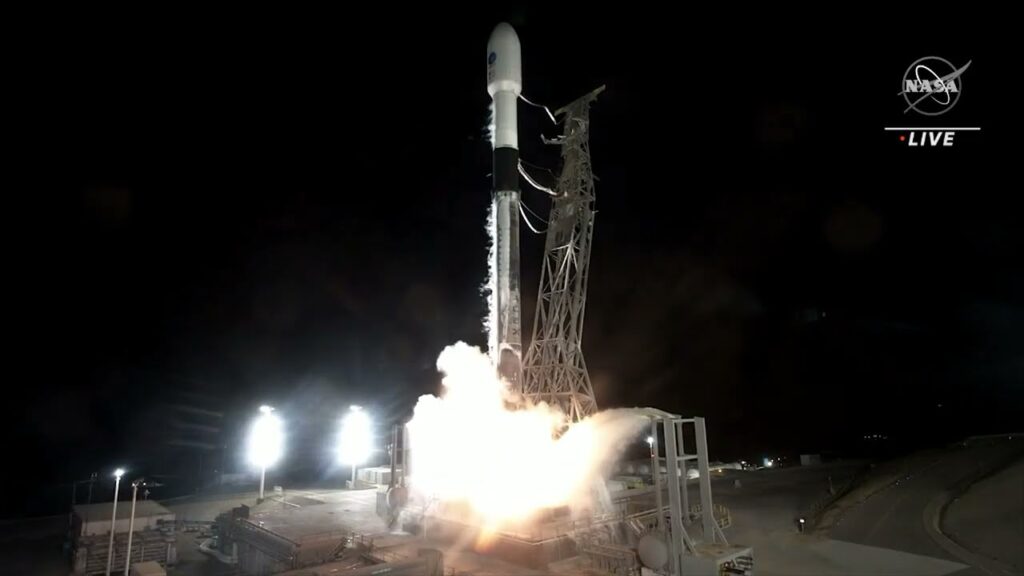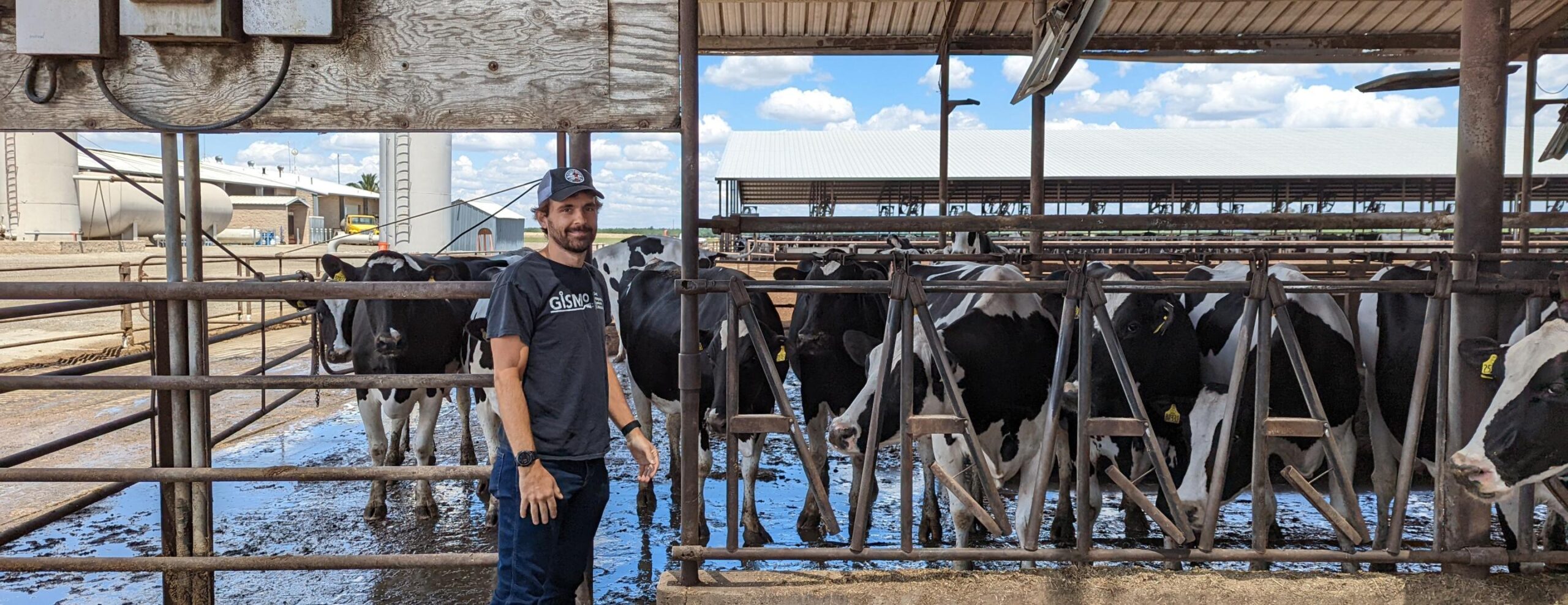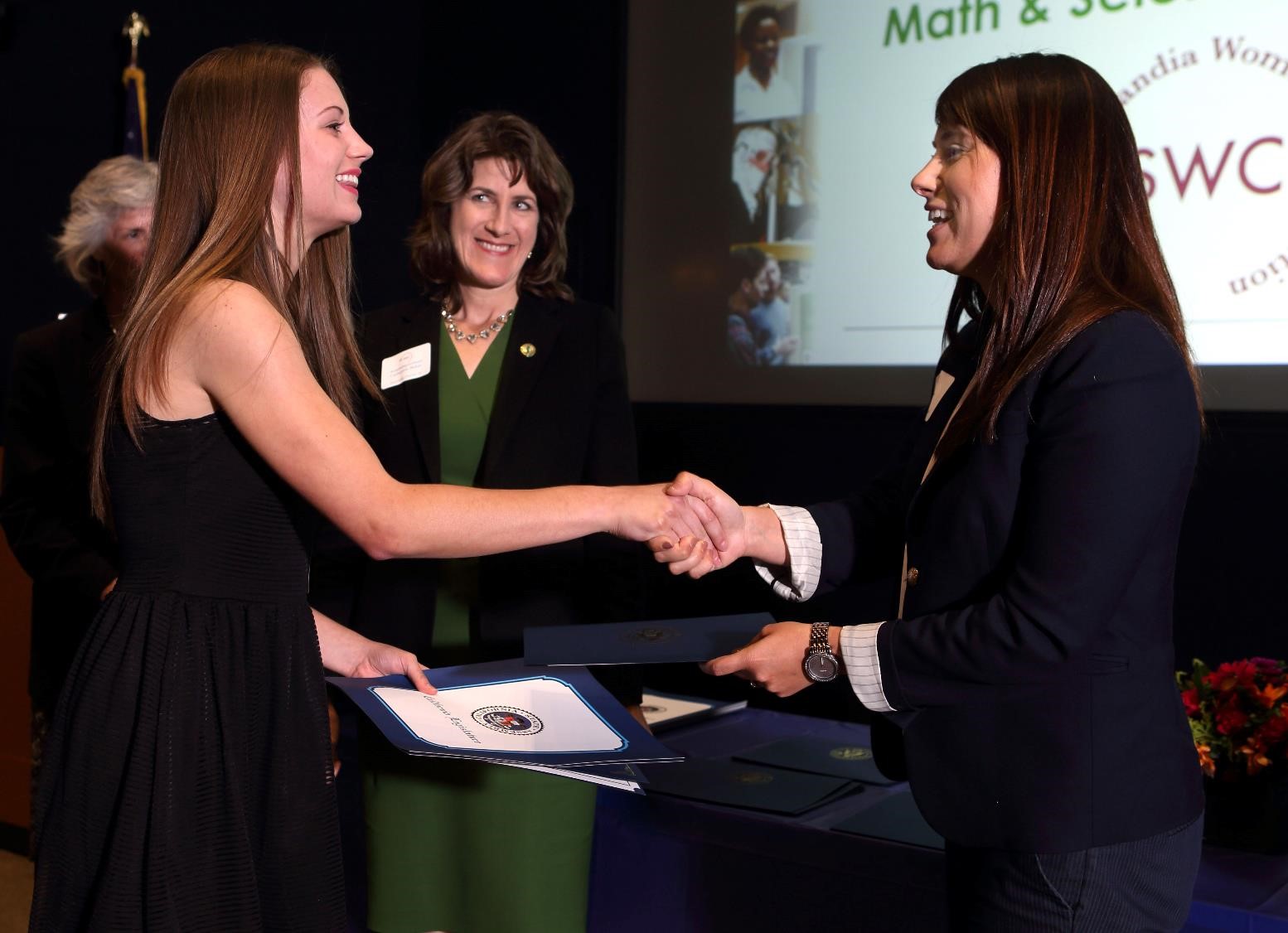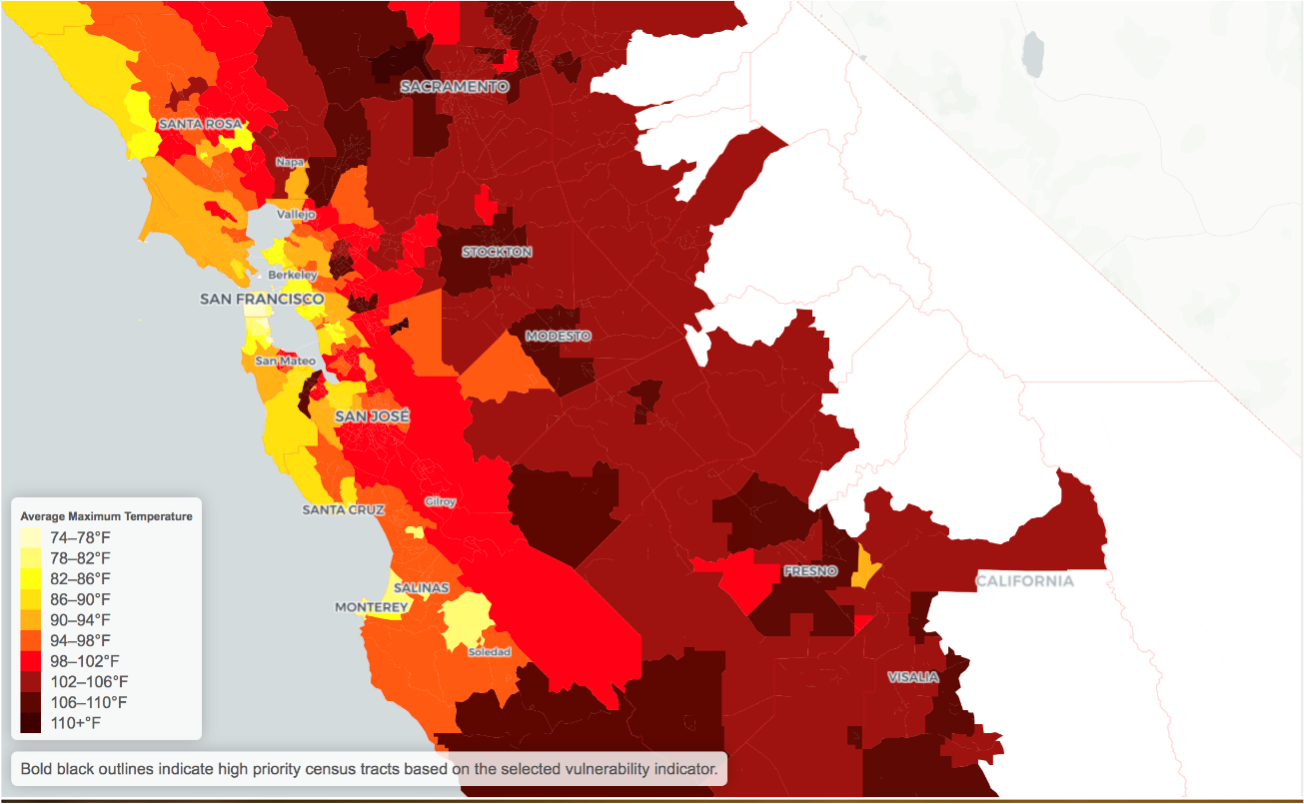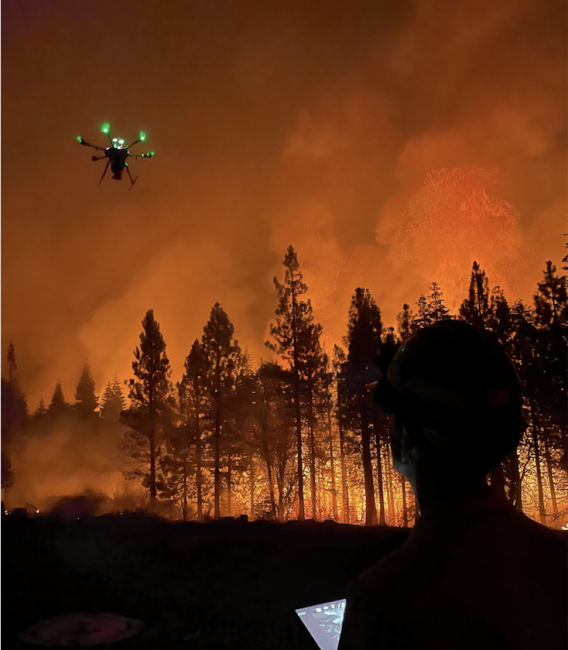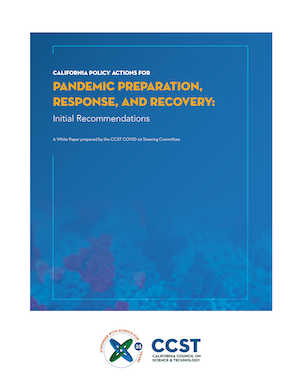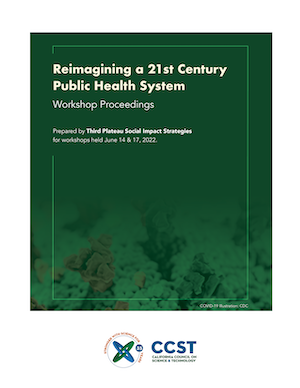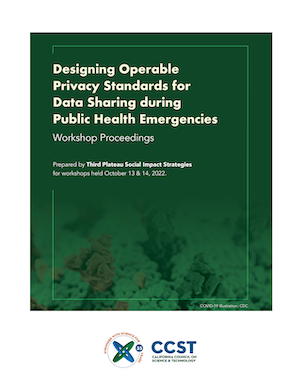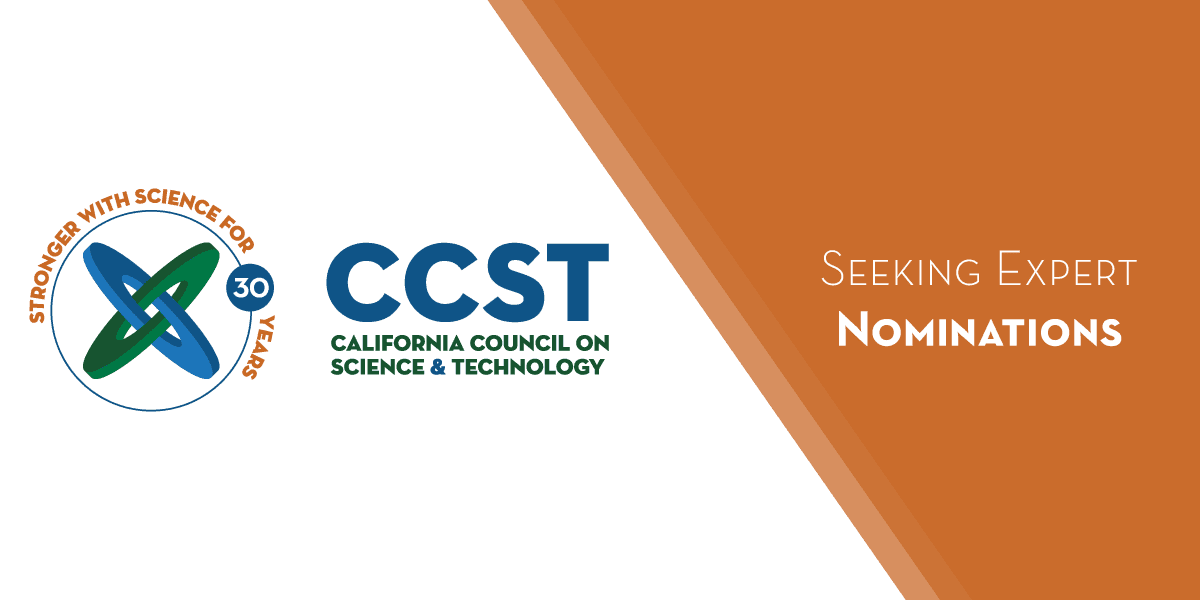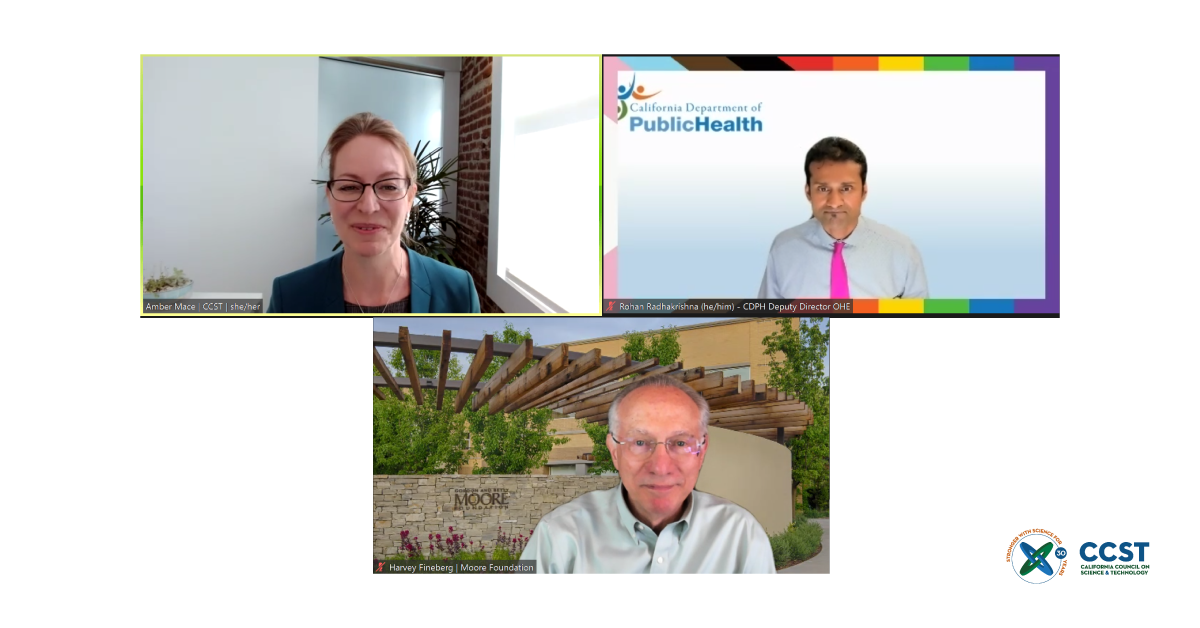CCST Project
Fumigant Use in California and an Assessment of Available Alternatives
Process
CCST studies follow a process modeled after the National Academies study process with checks and balances at each stage. The report is a collaborative effort by a large number of experts serving in various capacities. See the report appendices for detailed information.
Study Team
Responding to a request from the California Department of Pesticide Regulation (DPR), CCST will conduct a review of current fumigant use in California and a comprehensive assessment of available alternatives to these fumigants.
Steering Committee
Gerald Holmes, PhD
Committee Chair
Cal Poly State University, San Luis ObispoAlan Kolok, PhD
Committee Co-Chair
University of IdahoChristine Carroll, PhD
CSU Chico
Julie Guthman, PhD
UC Santa Cruz
Authors
Christopher Simmons, PhD
UC Davis
Jenny Broome, PhD
Plant Health Consulting
See Steering Committee member and Author bios below.
Committee Selection
Specific steps in the committee selection and approval process are as follows:
Staff solicit an extensive number of suggestions for potential committee members from a wide range of sources, then recommend a slate of nominees. Nominees are reviewed and approved at several levels within CCST.
A provisional slate is then approved by the Program Committee of CCST's Board. The provisional committee members complete background information and conflict-of-interest disclosure forms. The committee balance and conflict-of-interest discussion is held at the first committee meeting. Any conflicts of interest or issues of committee balance and expertise are investigated; changes to the committee are proposed and finalized.
The Program Committee of CCST's Board formally approves the committee. Committee members continue to be screened for conflict of interest throughout the life of the committee.
Committee Members' Bios
Gerald Holmes Chair
Director
Cal Poly Strawberry Center
Gerald Holmes is the Director of the Strawberry Center at Cal Poly State University in San Luis Obispo, California. The Center is a partnership between Cal Poly and the California Strawberry Commission. Gerald received his Ph.D. in Plant Pathology from UC Riverside in 1994 then worked as a University of California Cooperative Extension Farm Advisor in Imperial County for three years. For the subsequent 12 years he was an Extension Vegetable Pathologist and Associate Professor at NC State University. He then worked six years as Product Development Manager for Valent USA Corporation before becoming Director of the Strawberry Center in 2014.
Alan Kolok Co-Chair
Professor Emeritus, Ecotoxicology
University of Idaho
Alan Kolok is an ecotoxicologist at the University of Idaho whose research focuses on the fate, transport, and biological impacts of anthropogenic chemicals, including pesticides. His academic background features a doctorate in environmental, population, and organismic biology from the University of Colorado, Boulder and a master’s degree in Fisheries and Aquatic Science from the University of Washington. He has published over 90 scientific, peer-reviewed papers on a variety of topics, including comparative physiology, environmental toxicology, environmental epidemiology, and the crowdsourced data revolution. He is also an editor for the journal, Environmental Toxicology and Chemistry, and recently authored, “Modern Poisons: A Brief Introduction to Contemporary Toxicology.”
Christine Carroll PhD
Associate Professor, College of Agriculture
CSU Chico
Christine Carroll is a Seattle-area native who earned her bachelor’s degree in economics at Arizona State University and a PhD in agricultural economics at UC Davis. Her doctoral dissertation looked for economically viable control options for Verticillium wilt in lettuce crops in Monterey and the Salinas Valley. That research project, and the collaboration with growers, plant pathologists, and other disciplines, got her hooked on agricultural economics. She joined the College of Agriculture in part because of the interdisciplinary structure of the college, which she sees as an opportunity build cross-disciplinary collaborations.
Julie Guthman PhD
Professor, Community Studies and Sociology
UC Santa Cruz
Julie Guthman is a geographer and retiring professor of sociology at UC Santa Cruz, where she has conducted multiple research projects on efforts to transform food production and consumption. This includes National Science Foundation- and USDA-funded projects that investigated the political economic challenges that California strawberry growers face for farming without fumigants or adopting more disease resistant varieties. Most recently, she has been the principal investigator of the UC-AFTeR Project, a multi-campus collaboration that investigated Silicon Valley’s recent forays into food and agriculture. Guthman’s prior publications include three multi-award winning monographs with a fourth book forthcoming in summer 2024, as well as an edited collection and over sixty articles in peer-reviewed journals. She has received an Excellence in Research Award from the Agriculture, Food and Human Values Society, the Martin M. Chemers Award for Outstanding Research from the Social Sciences Division at UC Santa Cruz, and the Distinguished Career Award from the Cultural and Political Specialty Group of the American Association of Geographers.
Author Bios
Christopher Simmons PhD
Professor and Chair of Food Science and Technology
UC Davis
Dr. Christopher Simmons' research focuses on food system sustainability, with emphasis on circular economy approaches for recycling residual organic matter to benefit soil and crop health. In particular, his team uses multidisciplinary approaches to understand and advance biosolarization - a technology that harnesses microbial fermentation of organic matter in agricultural soils - as strategy to control soil pests and pathogens, improve soil fertility and water retention, and maintain robust soil microbial communities. By examining the microbial ecology, nutrient cycling, biopesticides, and other pest suppression mechanisms associated with biosolarization, Dr. Simmons' team has adapted diverse food processing residues, such as tomato pomace, grape pomace, almond hulls, date residues, and onion peels, as biosolarization soil amendments to inactivate phytoparasitic nematodes, fungal pathogens, and weed propagules. Additionally, his team has worked closely with commercial growers to test and demonstrate biosolarization as a fumigation alternative that can deliver benefits to crop health and yield.
Jenny Broome PhD
Independent Consultant
Plant Health Consulting
Janet C. “Jenny” Broome, PhD, Independent Consultant, Plant Health Consulting. Dr. Broome received her PhD and MS degrees in plant pathology from UC Davis and a BA degree in biology from Swarthmore College. Dr. Broome was previously a Senior Research Manager and Scientist at Driscoll’s Inc. leading the Global Plant Health Department. Her team worked on berry pathogen diagnostics and developing and extending best management practices for nursery plant propagation and for independent growers. Her research at Driscoll’s focused on pre-plant soil plant health treatments such as anaerobic soil disinfestation, organic amendments, soil solarization, mobile soil steam pasteurization treatments, crop rotations relevant to organic berry crop production, as well as chemical fumigant alternatives to methyl bromide. In addition, she created the host plant resistance team to work with breeding and molecular biology teams to increase breeding efficiency through marker assisted selection. Before her 12 plus years at Driscoll’s, she worked at UC ANR’s Sustainable Agriculture Research and Education Program for 13 years, and as a Senior Environmental Research Scientist for the California Department of Pesticide Regulation. She is currently an Independent Consultant seeking to establish a UC Santa Cruz adjunct research professor position and engaged in plant health research projects in grapes and berries. She has numerous publications and over the years has served on scientific advisory committees for state and federal agencies as well as for industry and academic programs.



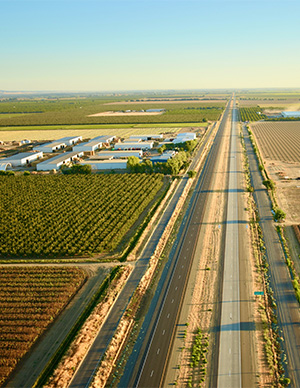
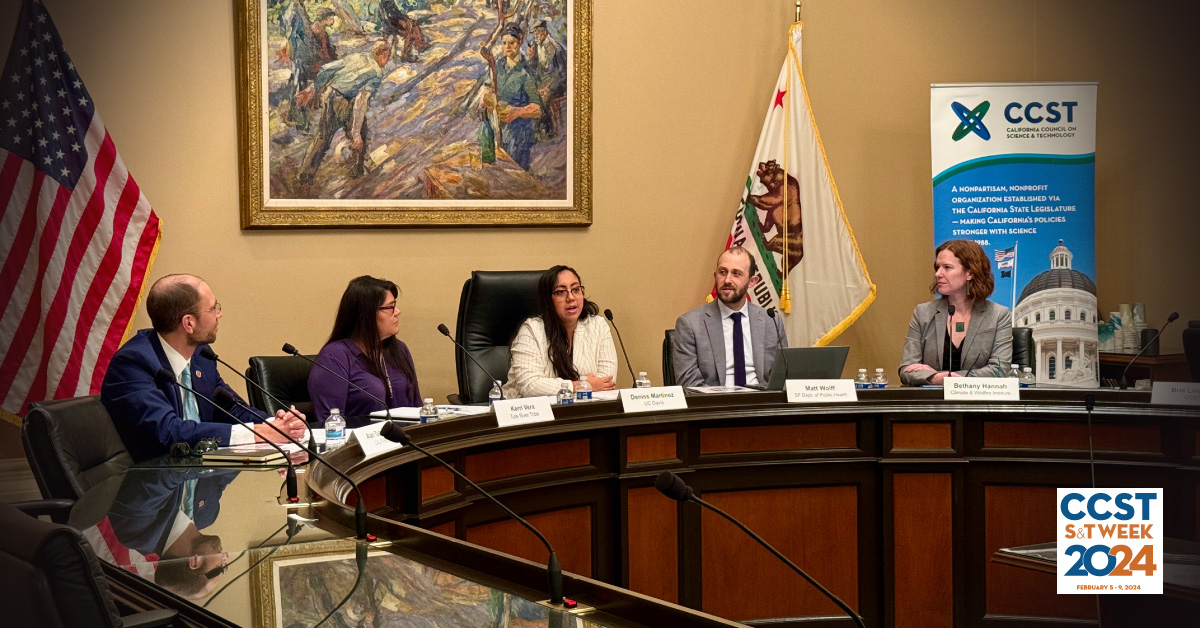
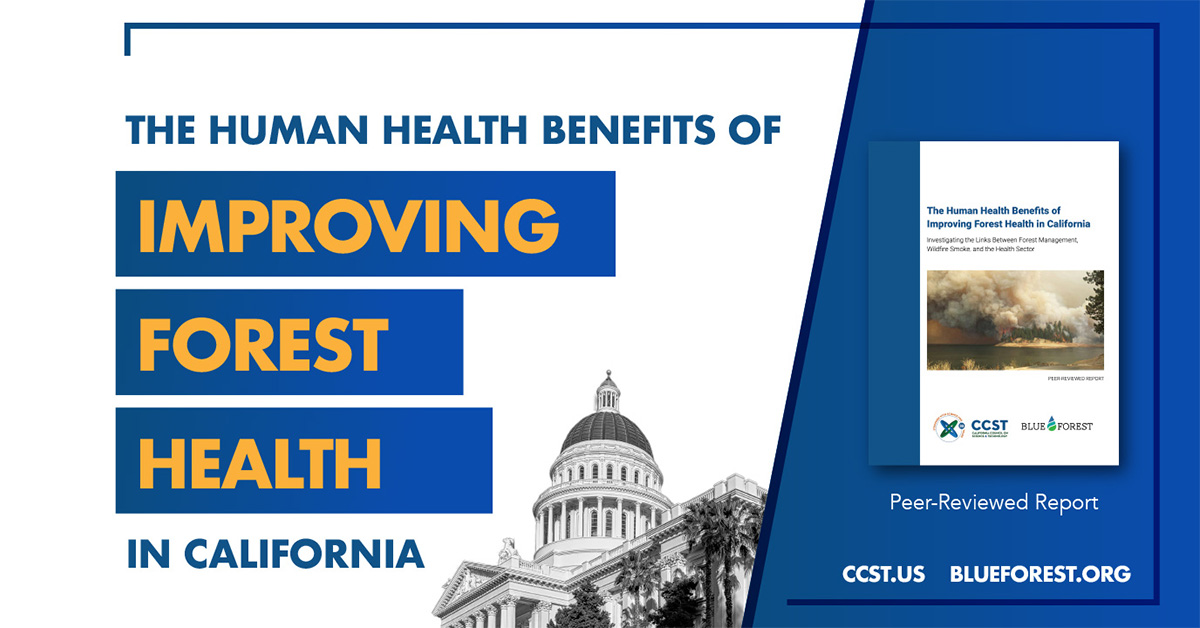

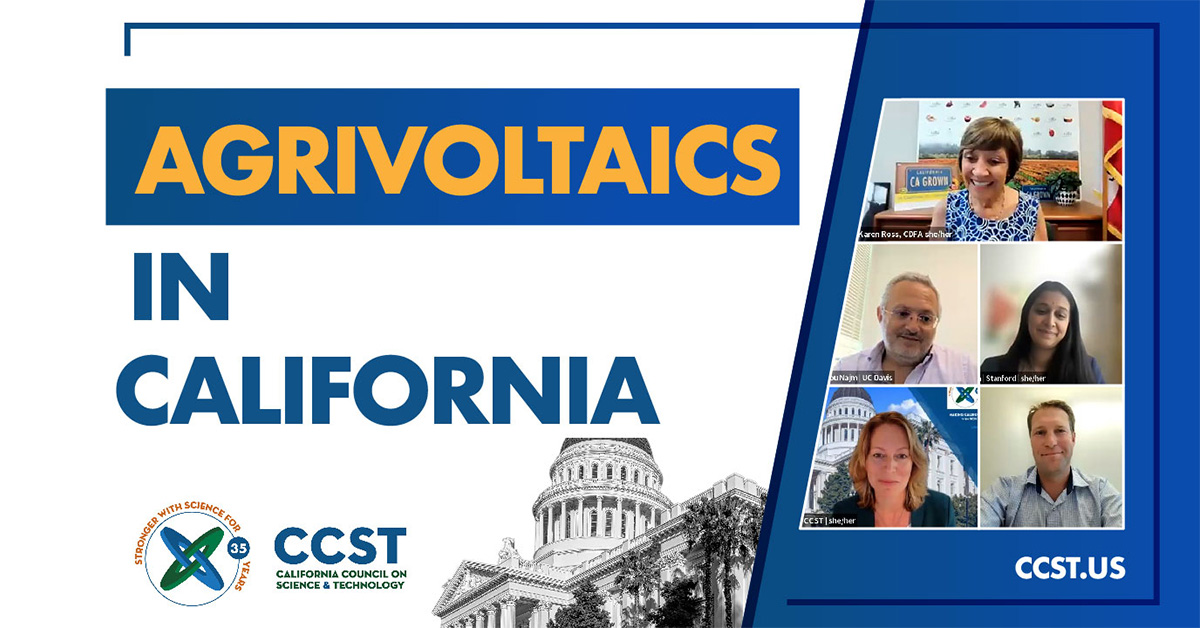
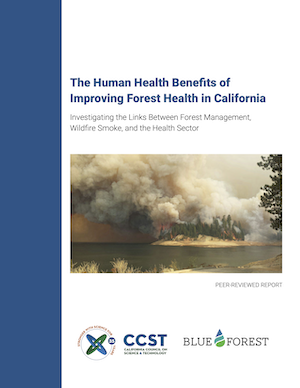

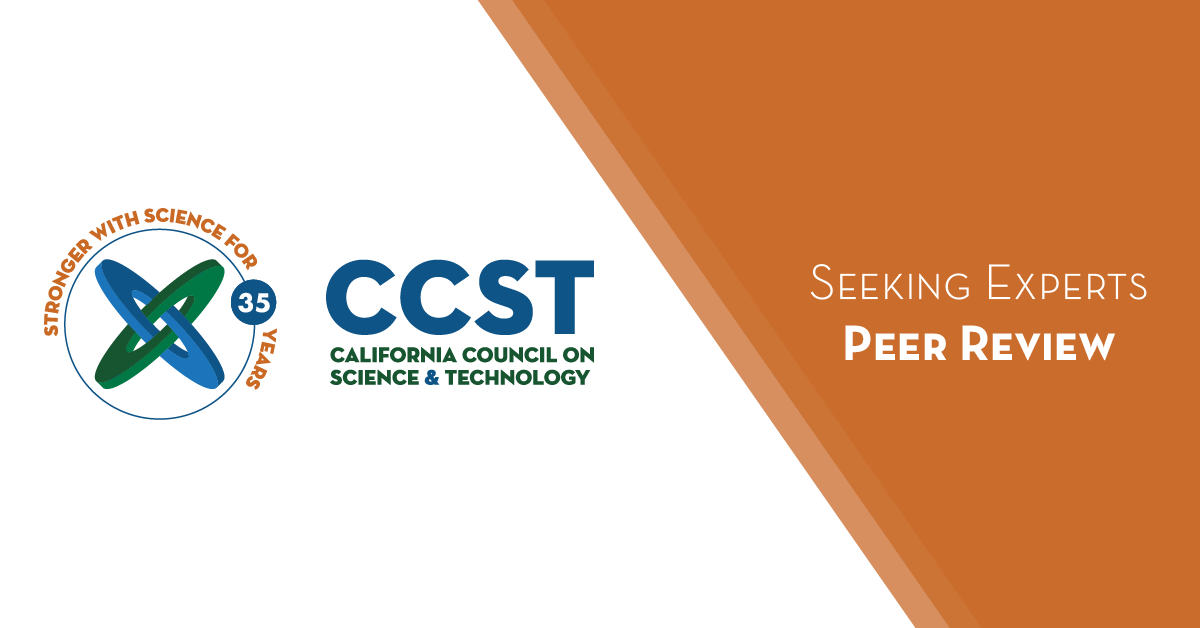
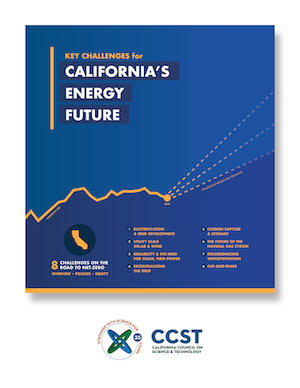


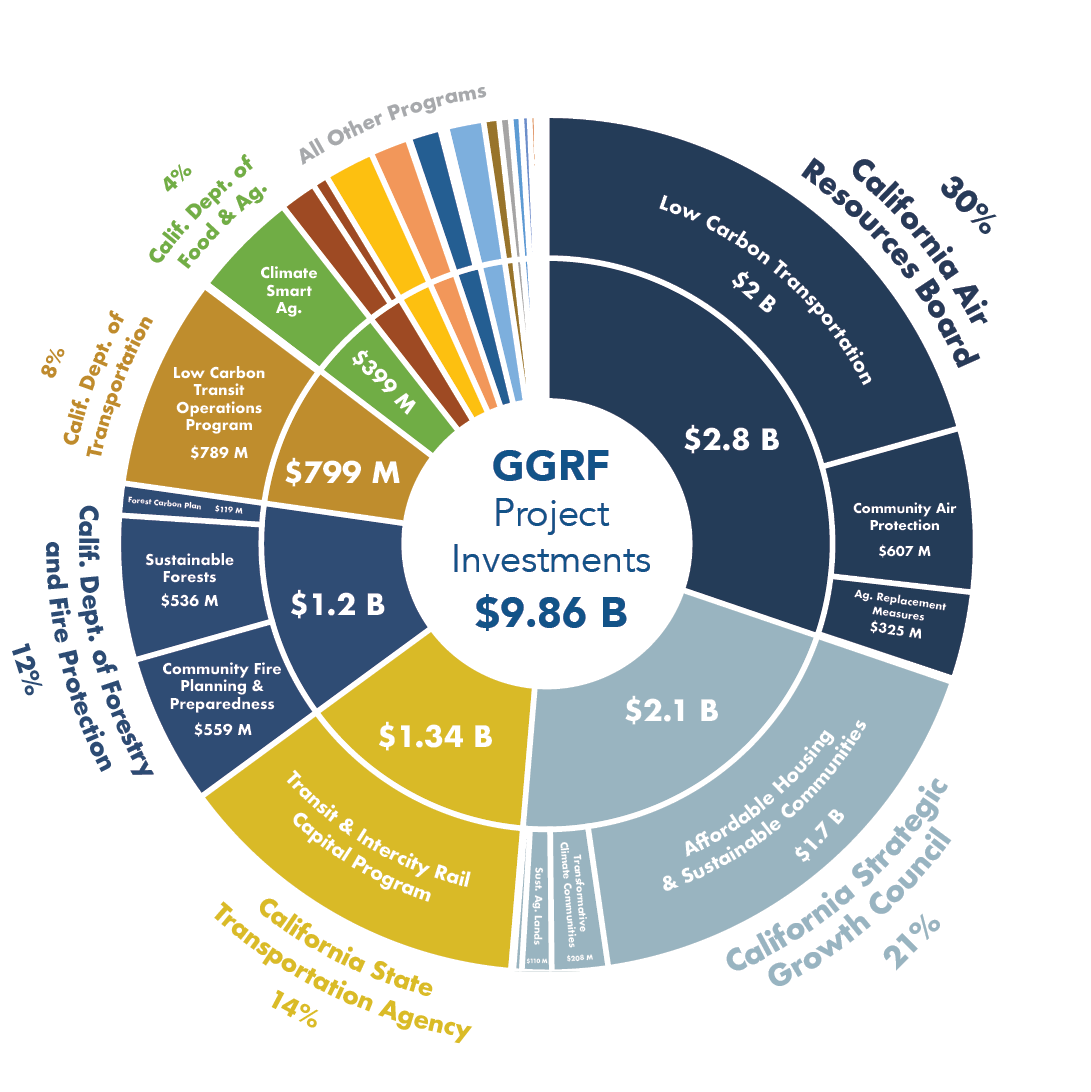
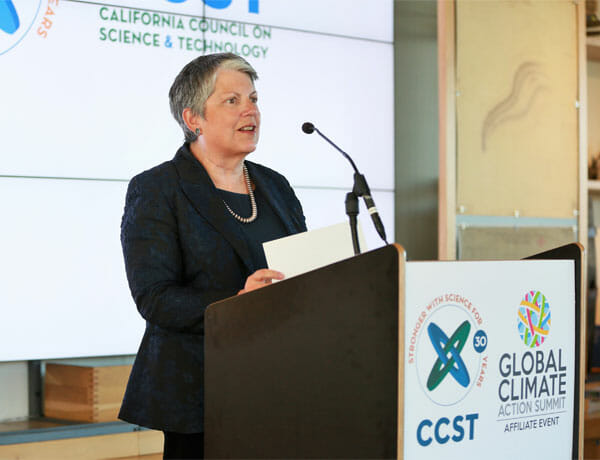
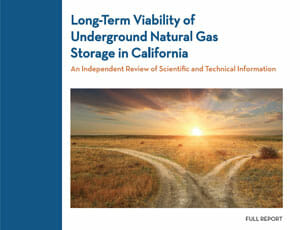
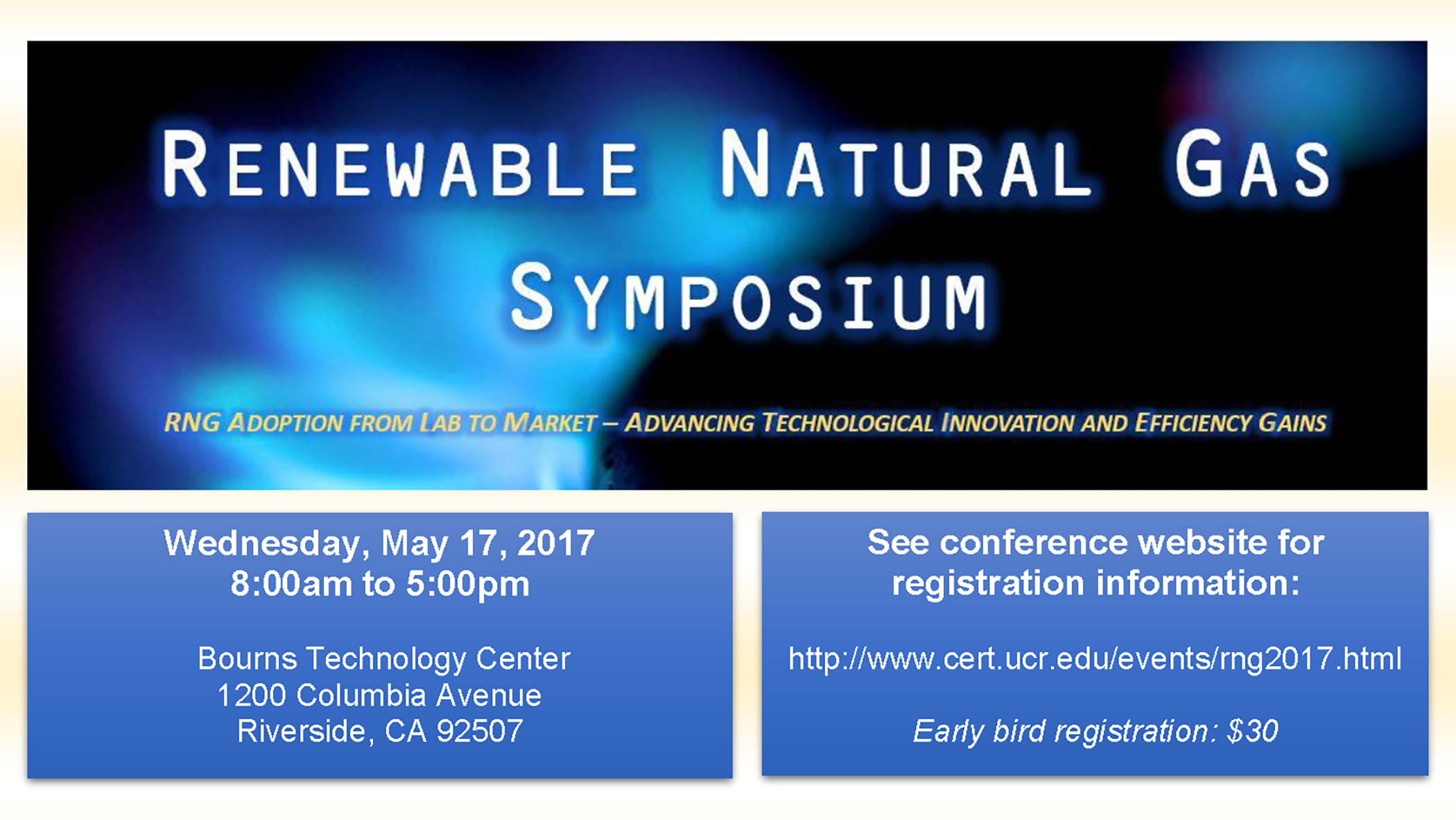
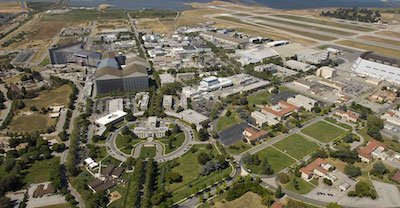
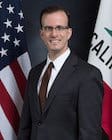 “NASA Ames is a vital source of innovation in the Silicon Valley region. The scientific breakthroughs developed there are a great boon to all Californians.” — Assemblymember Marc Berman (D-Palo Alto)
“NASA Ames is a vital source of innovation in the Silicon Valley region. The scientific breakthroughs developed there are a great boon to all Californians.” — Assemblymember Marc Berman (D-Palo Alto) “Thanks to the ingenuity of NASA Ames’ research and development, the technology pioneered for exploration of space also has important applications in meeting the challenges we face on Earth. From COVID to climate change, and water treatment to disaster response, NASA Ames offers solutions that can help us battle the emergencies that confront us today and aid us in building resilience for our future.” — Senator Josh Becker (D-San Mateo)
“Thanks to the ingenuity of NASA Ames’ research and development, the technology pioneered for exploration of space also has important applications in meeting the challenges we face on Earth. From COVID to climate change, and water treatment to disaster response, NASA Ames offers solutions that can help us battle the emergencies that confront us today and aid us in building resilience for our future.” — Senator Josh Becker (D-San Mateo)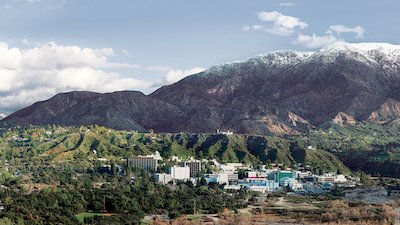
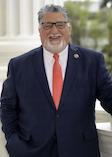 “The dedicated scientists at NASA JPL are continuously pushing the boundaries of human discovery, from a mission to Mars to new insights into how Earth’s lands, oceans, and climate are evolving. The discoveries and technologies made there improve the lives of all Californians and make us more resilient when confronting natural disasters and climate change. And, how about the amazing Perseverance and its helicopter!” — Senator Anthony Portantino (D-La Canada Flintridge)
“The dedicated scientists at NASA JPL are continuously pushing the boundaries of human discovery, from a mission to Mars to new insights into how Earth’s lands, oceans, and climate are evolving. The discoveries and technologies made there improve the lives of all Californians and make us more resilient when confronting natural disasters and climate change. And, how about the amazing Perseverance and its helicopter!” — Senator Anthony Portantino (D-La Canada Flintridge)
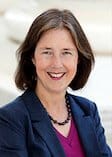 “Berkeley Lab is home to world renowned scientific leaders. These brilliant minds are crafting the technology we need — today and tomorrow — to advance our lives, protect our planet, and enhance our economy. Berkeley Lab researchers are on the cutting edge of technological transformation, for California and the world.”— Senator Nancy Skinner (D-Berkeley)
“Berkeley Lab is home to world renowned scientific leaders. These brilliant minds are crafting the technology we need — today and tomorrow — to advance our lives, protect our planet, and enhance our economy. Berkeley Lab researchers are on the cutting edge of technological transformation, for California and the world.”— Senator Nancy Skinner (D-Berkeley)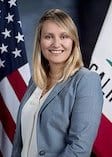 “Berkeley Lab is a world leading scientific institution. Its facilities are used by researchers across the state. Its scientists are helping lead the way on new technologies and innovations to tackle big challenges—from climate change, to energy storage and clean water, creating jobs for our state.”— Assemblymember Buffy Wicks (D-Oakland)
“Berkeley Lab is a world leading scientific institution. Its facilities are used by researchers across the state. Its scientists are helping lead the way on new technologies and innovations to tackle big challenges—from climate change, to energy storage and clean water, creating jobs for our state.”— Assemblymember Buffy Wicks (D-Oakland)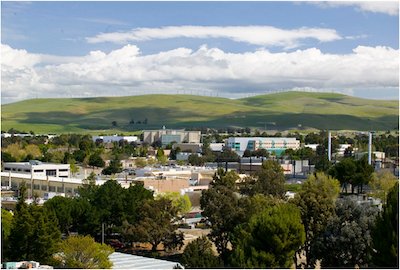
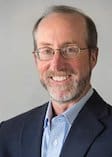 “LLNL is a huge contributor to California’s economy, providing high-end jobs, bringing in federal research dollars, and forming academic and industrial partnerships. I never hesitate to hold up LLNL as a shining example of the technological and entrepreneurial excellence that the Bay Area can offer.” — Senator Steve Glazer (D-Orinda)
“LLNL is a huge contributor to California’s economy, providing high-end jobs, bringing in federal research dollars, and forming academic and industrial partnerships. I never hesitate to hold up LLNL as a shining example of the technological and entrepreneurial excellence that the Bay Area can offer.” — Senator Steve Glazer (D-Orinda)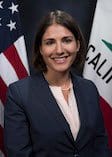 “LLNL has been a leader in national security and fundamental science for generations, and its many contributions, inventive technologies, and passion for STEM education have helped shape California’s and the East Bay region’s thriving innovation ecosystems. We’re proud to have such an important institution as part of our community.” — Assemblymember Rebecca Bauer-Kahan (D-Orinda)
“LLNL has been a leader in national security and fundamental science for generations, and its many contributions, inventive technologies, and passion for STEM education have helped shape California’s and the East Bay region’s thriving innovation ecosystems. We’re proud to have such an important institution as part of our community.” — Assemblymember Rebecca Bauer-Kahan (D-Orinda)